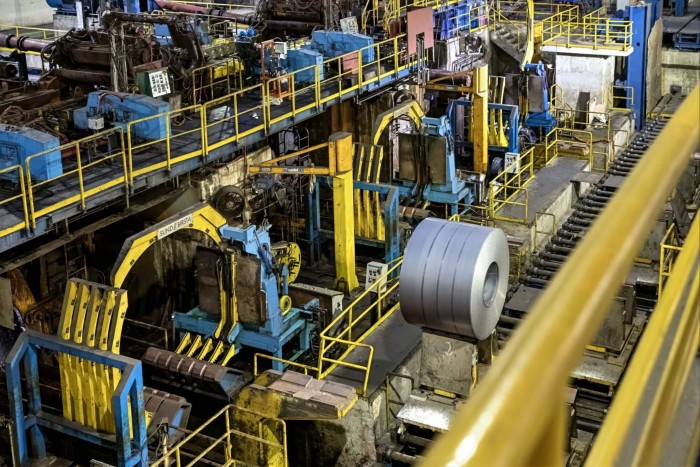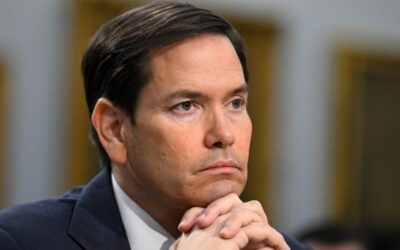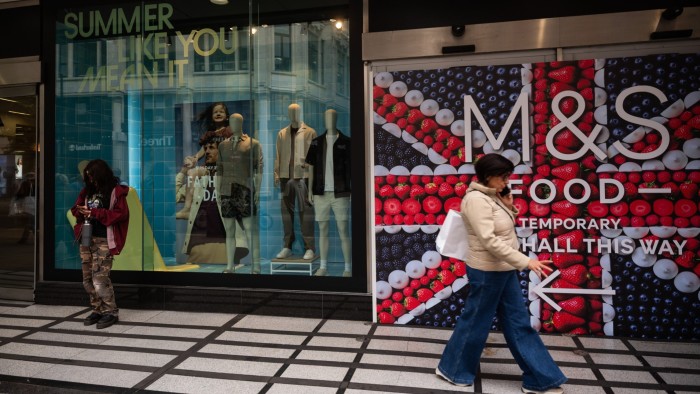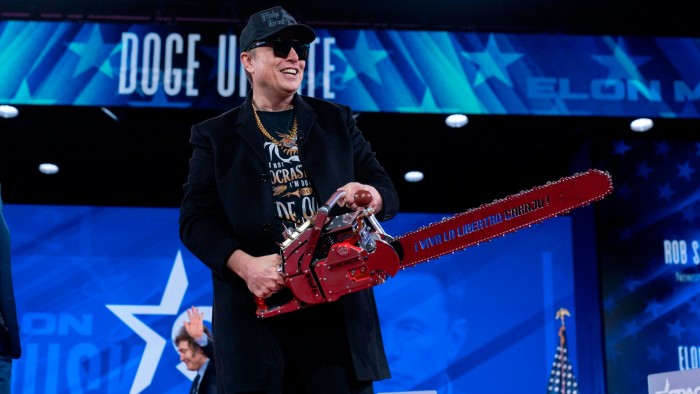What are Trump’s fallback options to rebuild US tariff wall?

Unlock the White House Watch newsletter for free
Your guide to what Trump’s second term means for Washington, business and the world
Donald Trump has limited legal options to impose sweeping global tariffs after Wednesday’s court ruling that invalidated his “liberation day” duties, according to international legal experts.
The US Court of International Trade judgment determined that Trump had misused emergency economic powers legislation when declaring the blanket tariffs last month, which were designed to shrink trade deficits with countries around the world.
Legal experts said the court had determined that the International Emergency Economic Powers Act (IEEPA) was explicitly not designed to address balance of payments issues, and that Trump would therefore have to fall back on alternative legal avenues.
Lorand Bartels, professor of international trade law at Cambridge university, said the ruling had set out a strong historical case that the IEEPA — legislation passed in the cold war to deal with matters of national security — could not be used to address balance of trade issues.
Instead, the court pointed to other legislation — section 122 of the Trade Act of 1974 — which was designed to enable the president to impose temporary tariffs to address “large and serious United States balance-of-payments deficits”.
However, section 122 provided only very limited powers, Bartels added, enabling the president to impose tariffs of up to 15 per cent for only 150 days before seeking further authorisation from the US Congress.
“The ruling is very clear that the route for addressing balance of trade issues is section 122, but the challenge for Trump is that those powers are limited. So legally speaking, his best bet would be to change the law to remove the limitations on S122,” Bartels said.
The court’s ruling did not invalidate so-called section 232 tariffs, currently covering steel and aluminium and autos, which both the Trump and Biden administration have successfully used to protect strategically vital sectors on grounds of national security.
The Trump administration is holding section 232 investigations into other sectors, including pharmaceuticals and aerospace. These could lead to significant further tariffs but not of the broad-based kind that Trump levied on all countries last April, with a baseline of 10 per cent.
Other avenues for this approach could include section 338 of the Tariff Act of 1930, according to Mona Paulsen, an assistant professor of international economic law at the London School of Economics.
The law, which has never been used, empowers the president to impose tariffs if US businesses are suffering unfair discrimination — defined as “any unreasonable charge, exaction, regulation, or limitation” — at the hands of a foreign power.
The tariffs are capped at 50 per cent, the same figure that Trump briefly threatened to impose on the EU last Friday, before agreeing to delay imposition of the duties two days later.
Paulsen said Trump’s choice of 50 per cent had potential significance. “For myself and other trade law watchers, when Trump imposed 50 per cent tariffs on the EU, we wondered if he was staying in bounds of section 338,” Paulsen said. “Did the president show his hand there?”
A third option is to make greater use of section 301 of the Trade Act of 1974, which overlaps with section 338. This allows the US Trade Representative to impose tariffs on countries that violate international existing trade agreements in “discriminatory” ways.
This was used by the first Trump administration in 2018 to impose tariffs on a range of Chinese imports to the US on the grounds that China was using forced technology transfers and other violations of intellectual property rules.
The court’s decision has prompted calls for Trump to return to Congress to enact the tariffs as part of his showpiece tax bill. That was passed by the US House of Representatives by a single vote last week, but has still to be voted on by the Senate.
Charles Benoit, trade counsel for the Coalition for a Prosperous America, a bipartisan trade group representing US domestic producers and workers, was among those arguing that Trump’s tariffs would benefit from being placed on a surer legal footing.
“We’re planning on raising 3tr in tariffs over the next decade and you’re going to rely on the IEEPA Act? And Congress isn’t going to legislate for that? That’s a terrible idea,” he said in a video posted on X.





